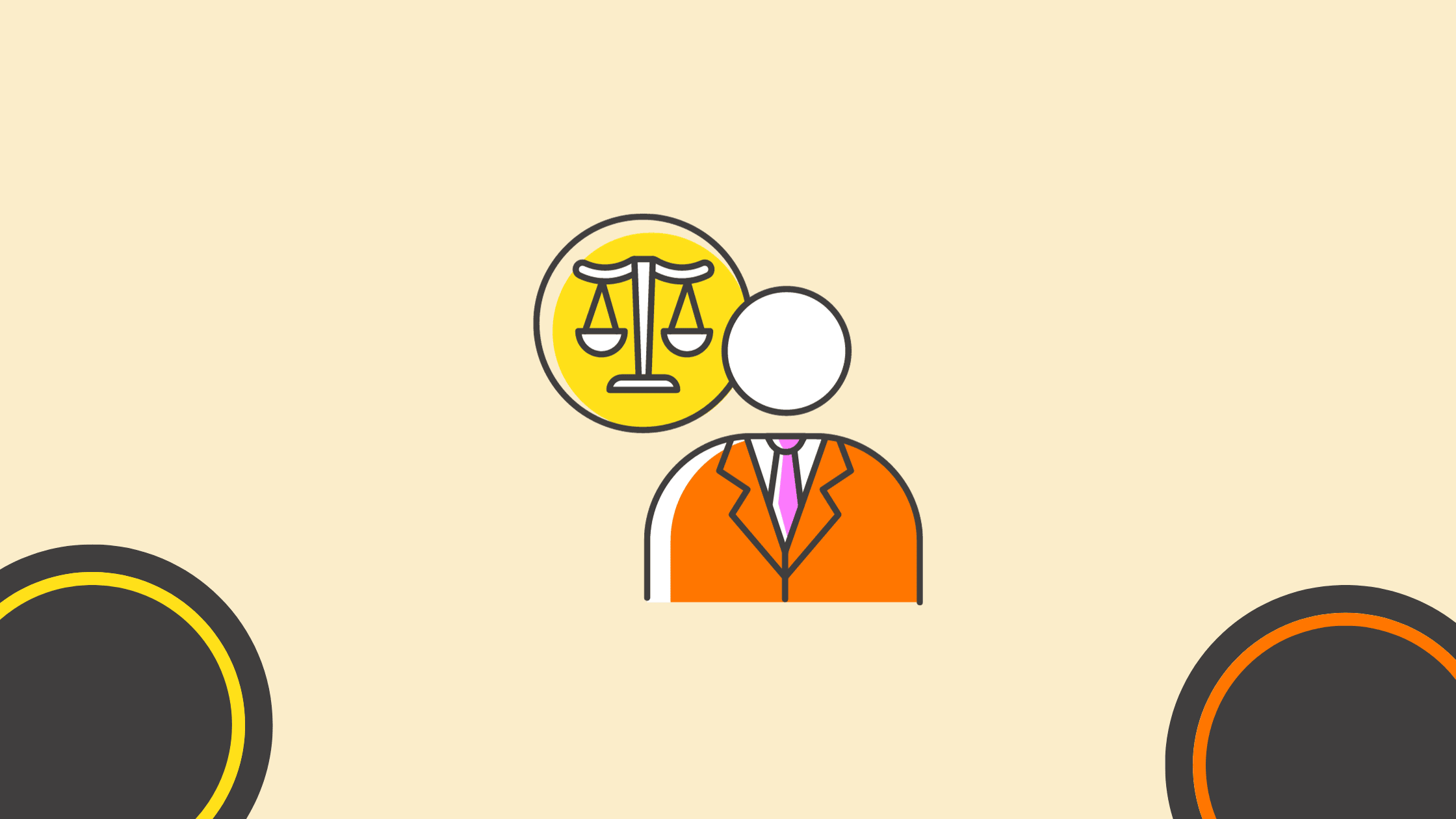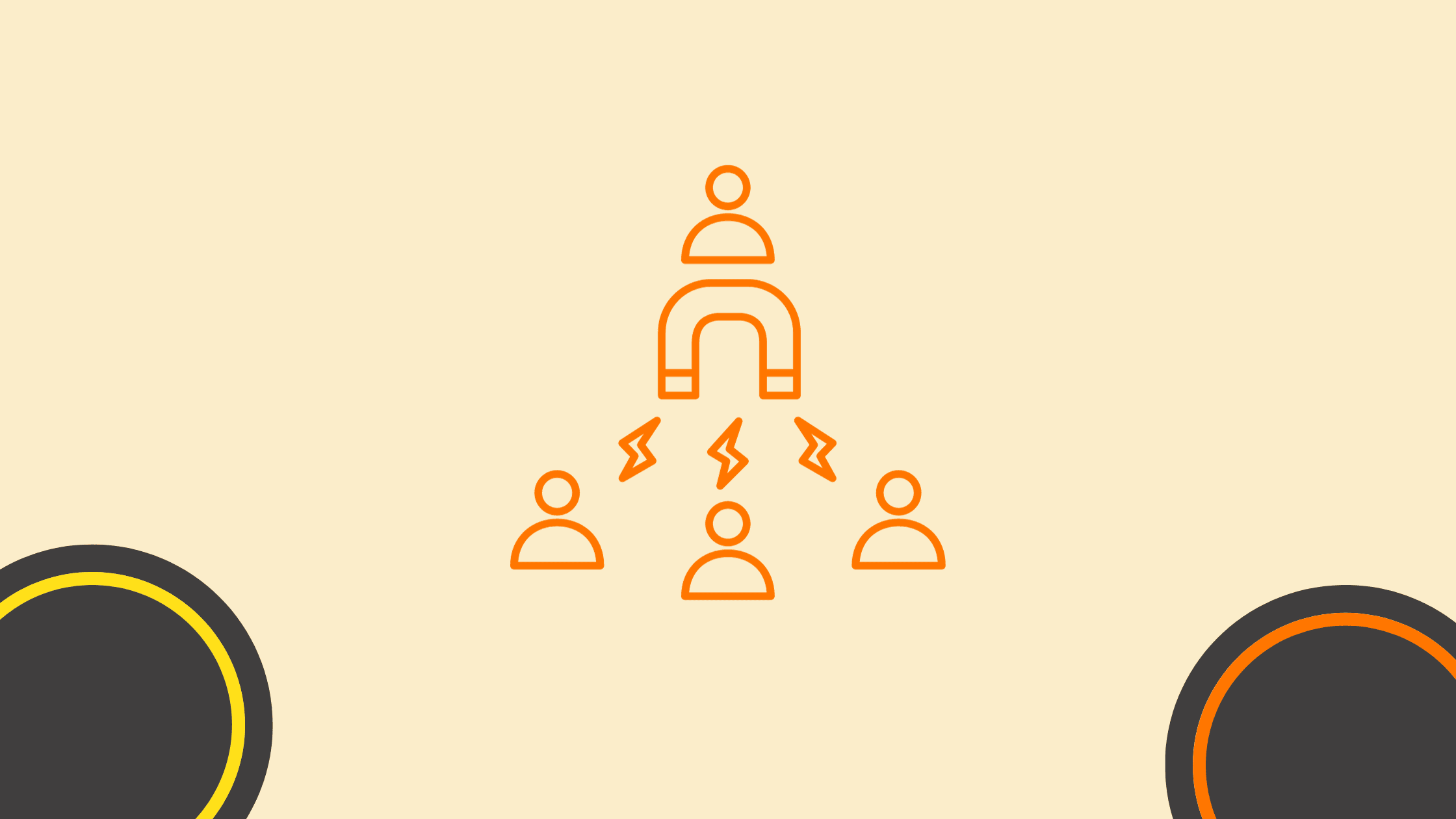Mastering Web Scraping Techniques for Lead Generation in Digital Marketing
Web scraping, at its core, is a technique used to extract large amounts of data from websites quickly and efficiently. Imagine it as a digital vacuum cleaner: it sweeps through the vast corridors of the internet, collecting specific information from web pages.
It is a method employed by many digital marketers to gather information from public online sources. It operates by sending a ‘bot’ or ‘spider’ to a website, which then navigates the site’s pages, much like a human user would, clicking on links and collecting data.
This data can be anything from product descriptions and prices, to contact information and user reviews. Once collected, the data is usually parsed and stored in a structured format, such as a CSV file or a database.
Important Note:
It’s essential to understand that web scraping does not involve any form of data breach or hacking, as it only collects data that is freely available and visible to any user browsing the internet.
Web scraping is a highly valuable tool for digital marketing, as it allows businesses to gather vast amounts of data quickly, which can then be used for market research, lead generation, competitive analysis, and much more.
Chapters
- Is Web Scraping Legal?
- Why are Web Scraping Techniques Useful?
- Lead Generation in Digital Marketing
- Using Web Scraping Techniques in Lead Generation Marketing
- Challenges with the use of Web Scraping in Lead Generation Marketing
- Incapsula/Imperva and Anti-Scraping Technology
- How to Bypass Incapsula/Imperva
Is Web Scraping Legal?

The legality of web scraping depends on various factors and it can be a gray area, varying from one jurisdiction to another. In general, web scraping is legal if the extracted information is publicly available and does not infringe on copyright laws. However, it becomes illegal if it involves breaching terms of service, invading privacy, or extracting copyrighted data.
For instance, in 2000, the United States passed the Computer Fraud and Abuse Act (CFAA) which makes it illegal to access a computer system without authorization, and this has been used to prosecute web scrapers.
Furthermore, you could be sued for damages under the Digital Millennium Copyright Act (DMCA) if the data you scrape is copyrighted. So, while web scraping itself is not illegal, how you do it and what you do with the data can make it illegal.
Always ensure that your web scraping practices are ethical, respect privacy, and abide by the relevant laws and regulations in your country.
Why are Web Scraping Techniques Useful?
Mastering web scraping is crucial for several reasons.
- Potential Conversion Increase: It allows digital marketers to gather leads at an unprecedented scale, exponentially increasing the potential for conversions.
- Competitive Advantage: It offers a competitive edge in a digital marketplace where information is power. By scraping data from your competitors’ platforms, you gain insights into their strategies and customer base.
- Keeping up with Market Trends: your scraping skills enable you to monitor market trends and customer preferences, allowing for more targeted and effective marketing strategies.
- Maintaining Integrity: mastering web scraping means understanding the ethical and legal boundaries of data collection, ensuring you respect privacy laws, and maintaining the integrity of your brand.
Lead Generation in Digital Marketing

Lead generation is the process of attracting and converting strangers and prospects into someone who has indicated interest in your company’s product or service. It is a vital activity in digital marketing, allowing businesses to create a pipeline of potential customers.
In the digital sphere, this process often involves collecting contact information, such as an email ID or a phone number, through online channels.
For instance, a visitor might find your business through one of your marketing channels, such as your website, blog, or social media profile. They then fill out a form to download an ebook or register for a webinar, effectively becoming a lead for your business.
Lead generation allows businesses to nurture these leads with more personalized marketing efforts, turning prospects into loyal customers. It is a fundamental step in a business’s sales cycle, and mastering it can yield significant benefits for any company operating online.
Using Web Scraping Techniques in Lead Generation Marketing
Proficiently utilizing web scraping techniques is vital for lead generation marketing due to several compelling reasons.
- Enhanced Personalization: Web scraping can gather vast amounts of data about potential leads, allowing for highly personalized marketing. This caters to individual preferences, thereby increasing the chances of conversion.
- Competitor Analysis: With web scraping, businesses can gather data not just from their platforms but also from their competitors. Tracking competitor pricing using web scraping allows for comprehensive market analysis and strategic pricing adjustments. This provides invaluable insights into competing strategies and their customer base, offering a clearer picture of the market landscape.
- Efficient Resource Allocation: By understanding the market and customer preferences better, businesses can allocate resources more efficiently, directing efforts where they are most likely to yield results.
- Future Projections: Predictive modeling and forecasting become more accurate with larger data sets, and web scraping aids in obtaining these. This can help businesses anticipate future trends and stay ahead of the curve, ensuring consistent lead generation.
Challenges with the use of Web Scraping in Lead Generation Marketing
While AI web scraping presents many advantages for lead generation, it also comes with its own set of challenges.
- Legal and Ethical Considerations: One of the primary concerns with web scraping is the legal and ethical implications. Different countries have different regulations regarding data privacy and scraping, and it’s essential for businesses to adhere to these when collecting data.
- Website Structure Changes: Websites often update and change their structure. When this happens, a scraper setup for the previous structure might not work as intended, leading to inaccurate data collection.
- Data Quality: Web scraping can sometimes result in unstructured or irrelevant data, which requires further processing and cleaning. Ensuring the quality and accuracy of scraped data is a significant challenge.
- Anti-Scraping Technologies: Many websites employ anti-scraping technologies to prevent automated data collection, such as CAPTCHAs and IP blocking. Overcoming these obstacles necessitates advanced scraping strategies and tools.
Understanding and mitigating these challenges is a crucial aspect of implementing web scraping effectively for lead generation.
Incapsula/Imperva and Anti-Scraping Technology
Imperva Incapsula, a renowned cybersecurity firm, has developed sophisticated anti-scraping technology to protect websites from unwanted data harvesting.
This technology utilizes advanced bot detection mechanisms to distinguish between human users and automated scrapers, thereby defending against unauthorized data collection.
Incapsula’s anti-scraping solution employs machine learning algorithms to analyze web traffic patterns and identify suspicious activities. When an automated scraper is detected, the system can respond with a variety of protective measures, including blocking the IP address, presenting a CAPTCHA, or even feeding the scraper false information.
This ensures data integrity and privacy, protecting businesses from the potential risks of uncontrolled web scraping. However, this also creates a significant challenge for those using web scraping as a part of their business strategy, as they must develop ways to bypass these protective measures without breaching ethical or legal boundaries.
How to Bypass Incapsula/Imperva
To bypass Incapsula, a series of strategic steps are required.
- Utilize high-quality residential or mobile proxies to distribute web scraper traffic and mimic genuine user behavior.
- All requests should use HTTP2 (or later) versions to match the modern browsing experience. Furthermore,
- It’s important to ensure that the request header values and order mimic those of a real web browser, to prevent detection by sophisticated bot detection algorithms. Additionally,
- Leveraging headless browser automation can help to generate JavaScript fingerprints and go undetected.
- Distribute web scraper traffic through multiple agents to avoid overwhelming a single point and triggering protective measures.
(Source: https://scrapfly.io/blog/how-to-bypass-imperva-incapsula-anti-scraping/)
Using tools like the Puppeteer Stealth plugin for Puppeteer, including Scrapfly, can also be beneficial as they stay updated with new fingerprinting techniques.
Author bio
Charity Guevarra is a digital marketer with a proven track record dating back to 2009. Currently serving as an SEO link builder for two of the top SEO agencies in the US, MintyDigital and Embarque, she excels in forging connections between businesses and some of the most prominent global brands.
Top AI Marketing Generators
Master the Art of Video Marketing
AI-Powered Tools to Ideate, Optimize, and Amplify!
- Spark Creativity: Unleash the most effective video ideas, scripts, and engaging hooks with our AI Generators.
- Optimize Instantly: Elevate your YouTube presence by optimizing video Titles, Descriptions, and Tags in seconds.
- Amplify Your Reach: Effortlessly craft social media, email, and ad copy to maximize your video’s impact.